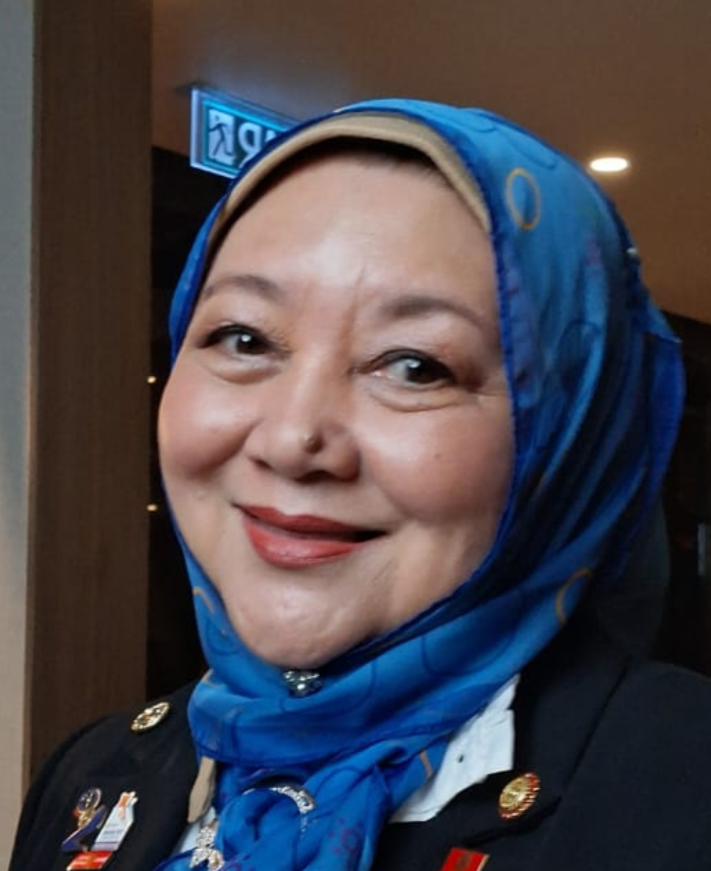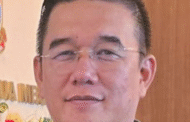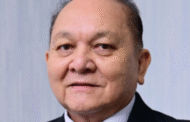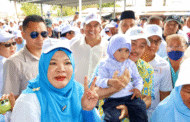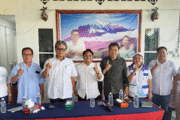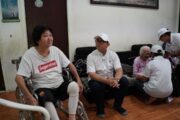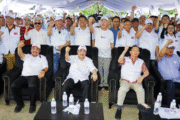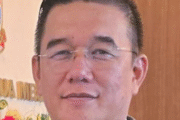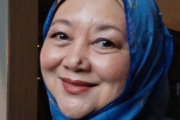Aminah Ambrose
KOTA KINABALU: As Parti Warisan intensifies its campaign to reclaim power, Sabahans are weighing what a change of government could mean for political stability, federal funding and long-running development projects in the resource-rich yet infrastructure-poor state.
Warisan, led by Datuk Seri Shafie Apdal, governed Sabah from 2018 to 2020 before defections triggered a snap election and brought the administration down. That episode still lingers in voters’ minds, Parti Gagasan Rakyat Sabah (Gagasan Rakyat) Moyog Deputy Head Datuk Aminah Ambrose said, with the next polls scheduled for Nov 29.
“Stability is the one thing Sabahans keep mentioning. People remember how quickly things unravelled in 2020, even though party-hopping involved multiple sides,” she said in a statement today.
Although Malaysia has since introduced anti-hopping laws, some voters remain wary, fearing that shifting alliances could once again destabilise the state government.
Another concern is whether a Warisan-led administration could maintain strong ties with the federal government. Sabah, one of Malaysia’s poorest states despite its natural wealth, relies heavily on federal allocations for essential infrastructure such as water supply, electricity, and the long-delayed Pan Borneo Highway.
“Federal–state alignment matters in Sabah because many projects are co-funded. Any mismatch could slow negotiations or delay approvals,” said Aminah.
Warisan leaders argue that Sabah must prioritise autonomy under the Malaysia Agreement 1963 (MA63), regardless of national politics. But critics say the party has only highlighted MA63 in this election, unlike parties such as GRS and STAR, and that Shafie himself was largely silent on the matter when he served as a federal minister.
Business groups and local contractors are reportedly uncertain how a new administration might handle multibillion-ringgit projects currently under the incumbent GRS coalition.
“Changes in administration often result in policy adjustments or project reprioritisation. Investors worry that political turnover could disrupt timelines. Continuity is important for water upgrades and road expansions,” said Aminah.
Sabah’s long-standing challenge of undocumented migration also remains politically sensitive. Critics accuse Warisan of leniency toward undocumented communities, a claim the party rejects.
Aminah noted that immigration enforcement is a shared federal-state responsibility, meaning no single administration can overhaul policy alone.
As campaigning heats up, Sabah voters face a familiar dilemma: continuity versus change. “The state’s political history, marked by fluid alliances, frequent defections, and competing development priorities, makes it one of Malaysia’s most complex electoral landscapes. The main question Sabahans are asking is simple: Will life improve under a new government, and at what cost?” she said.
With rising economic pressures and persistent infrastructure gaps, the answer may determine whether Warisan’s bid to reclaim Sabah finds fertile ground—or meets another uphill challenge.










